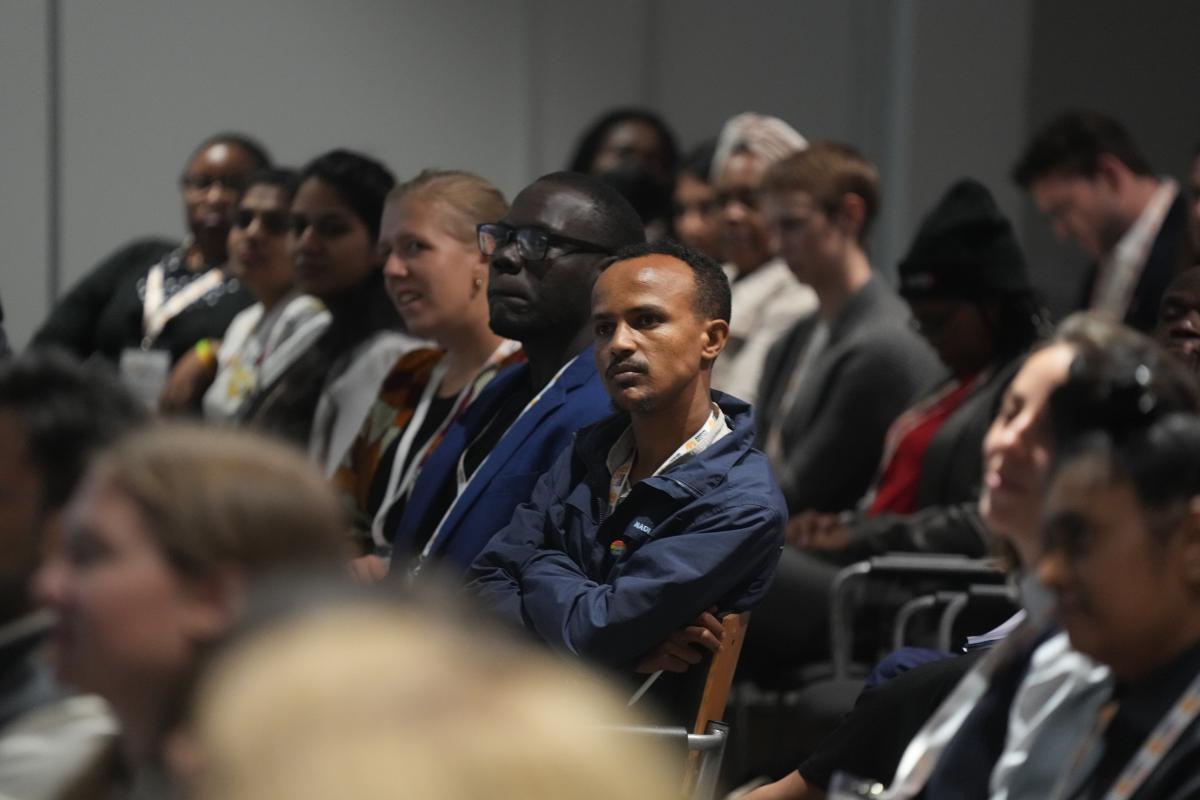Global NCD Platform
Call for proposals: Implementation research on integrated care pathways to address NCDs and mental health conditions. Incentive Grants for Young Researchers from Low- and Middle-Income Countries
19 Nov 2024
United for Global Mental Health | 05 Apr 2024
WHO and the World Bank are hosting a dialogue on NCDs and mental health financing in June 2024. Ahead of this meeting, civil society was invited to a multi-stakeholder hearing to learn more about the process and ask questions on March 15.
United for Global Mental Health (UnitedGMH) is the mental health CSO partner responsible for ensuring the mental health community is well-informed and represented throughout the process alongside the NCD Alliance for the NCD community. We have already written to several mental health networks and encouraged the Global Mental Health Action Network Financing Working Group to get involved. We will also be directly engaging governments and donors (bilateral and multilateral) to ensure they make full use of the Dialogue to deliver meaningful financial commitments underpinned by a rights-based approach.

The Dialogue is being co-organised by the World Bank and WHO. The process and outcome need to ensure governments use the opportunity to learn from the financing dialogue and identify and commit to better ways to fund NCDs and mental health, integrated through stronger primary and community health systems.
There are several background papers written by WHO and the World Bank, and one written by UnitedGMH and the NCD Alliance, that will inform the discussion. CSOs will be asked to provide feedback from 22 April to 30 May.
UnitedGMH will promote ways CSOs can feed into the consultation process as soon as it opens. The Dialogue will be an in-person meeting in June at the World Bank. But the participant numbers will be limited so most CSOs will want to register for online participation and keep in touch with the NCD Alliance and UnitedGMH on potential ways to participate.
Look out for a new UnitedGMH policy paper shortly on the Global Financing Dialogue.
Join the Global Mental Health Action Network and be a part of the Financing Working Group to get involved, and look for for updates on UnitedGMH and GMHAN social media channels.
This article is part of a series of call to actions and position papers by civil society actors and people with lived experience ahead of the International dialogue on sustainable financing for NCDs and mental health in June 2024. The text summarizes remarks by Erin K. Ferenchick, Senior Consultant, United for Global Mental Health, at the WHO Multistakeholder Briefing on the WHO/World Bank International dialogue on sustainable financing for NCDs and mental health.